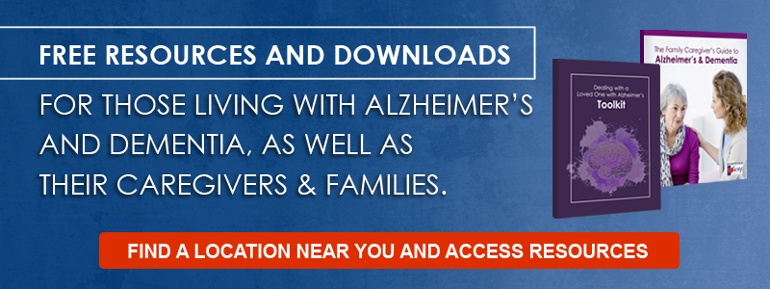As the years go by, it may be common for new health challenges to arise. Physical and mental decline may become more common, making health an important concern for many. Yet, what happens when an older adult becomes diagnosed with Alzheimer’s Disease or another form of dementia? A dementia-related diagnosis can leave many with a whole new set of decisions to consider concerning their health and treatment. When this happens, it might be time to consider person-centered care. Learn more about it here!
Basics of Person-Centered Care
Elderly patients have a myriad of factors that need to be accounted for during their care. The list of concerns can range from, maintaining physical health, social and emotional wellness, and continued cognitive and intellectual stability. Essentially, person-centered care shows concern is for the whole person. It is a treatment that addresses care by looking at the whole person rather than just symptoms.
For example, if you had a severe cold in addition to wanting your runny nose treated, you would want a comfortable environment to recover in, to be attended to by a caring person, as well as to have some form of entertainment to pass the time. You may also want visitors, hot and healthy food, and medications to treat the other symptoms of a cold. You would not just want a box of tissues nearby to make you feel better.
Here are some of the core values of person-centered care:
-
Every person is provided with a choice about how they will receive treatment and is treated with dignity, respect, and privacy.
-
Services are provided in a respectful way that also includes their family and larger caregiving and support network.
-
People should have the ability to determine their needs, decide how best to have those needs met, and to be provided with a way to give feedback about the quality and nature of their treatment.
In 2011, our healthcare system realized that person-centered care was a better treatment for those with cognitive disorders. NAPA (National Alzheimer's Project Act) developed a national plan to address treatment for those with Alzheimer’s. One of their targeted concerns has been to “to provide [a] more humanistic and positively oriented approach to care, services, and supportive, person-centered practices.”
NAPA has found that people benefit not only from physical and medical treatment but also by having their human, social needs met as well. The reasoning is that everyone has different criteria for what makes them happy.
Ways to Provide Person-Centered Care
The true aim of person-centered care is to promote independence for those receiving treatment. For this reason, the approach is quickly becoming popular among families for its focus on the inclusion of a patient's or family's needs when it comes to their care.
As a caregiver or family member of someone who needs care, there are several things you can do to provide person-centered care, including the following.
-
Include aging loved ones in the decisions that affect their care.
-
Be mindful of their feelings and ask them how they would like to be treated.
-
Treat them with dignity and empower them to perform everyday activities if possible.
-
Encourage an aging loved one or patient to be physically able and healthy.
-
Engage in the person’s hobby with them to help them continue with it.
-
Spend time with them, ask about how they are doing, and be concerned with the activities that make up their day.
In this way, the person-centered care method may help someone with Alzheimer’s or dementia feel more independent on a daily basis. Viewing care in this way for seniors in could encourage everyday routines that foster a greater sense of independence and peace of mind for families and those diagnosed with Alzheimer’s or dementia.


